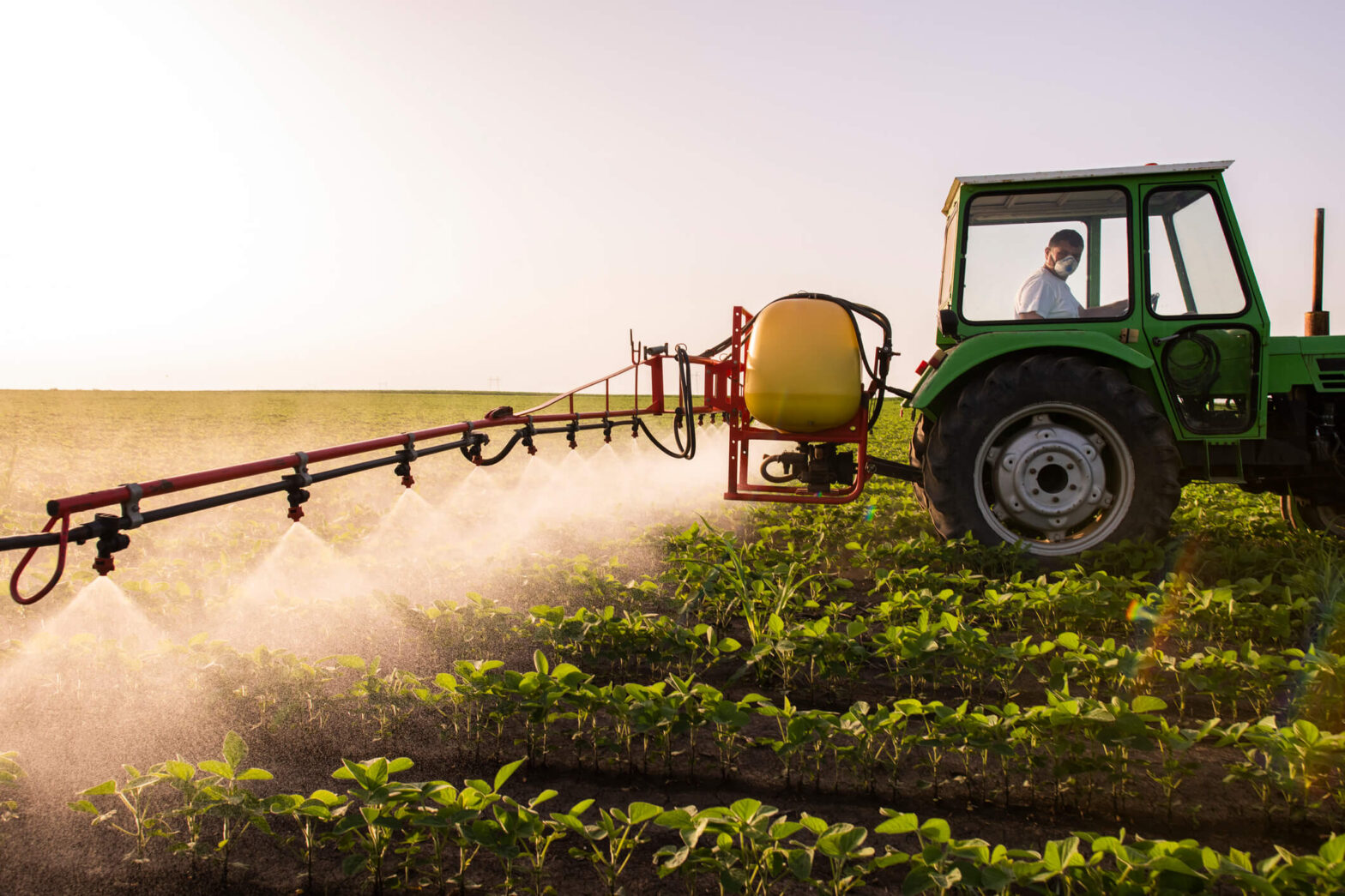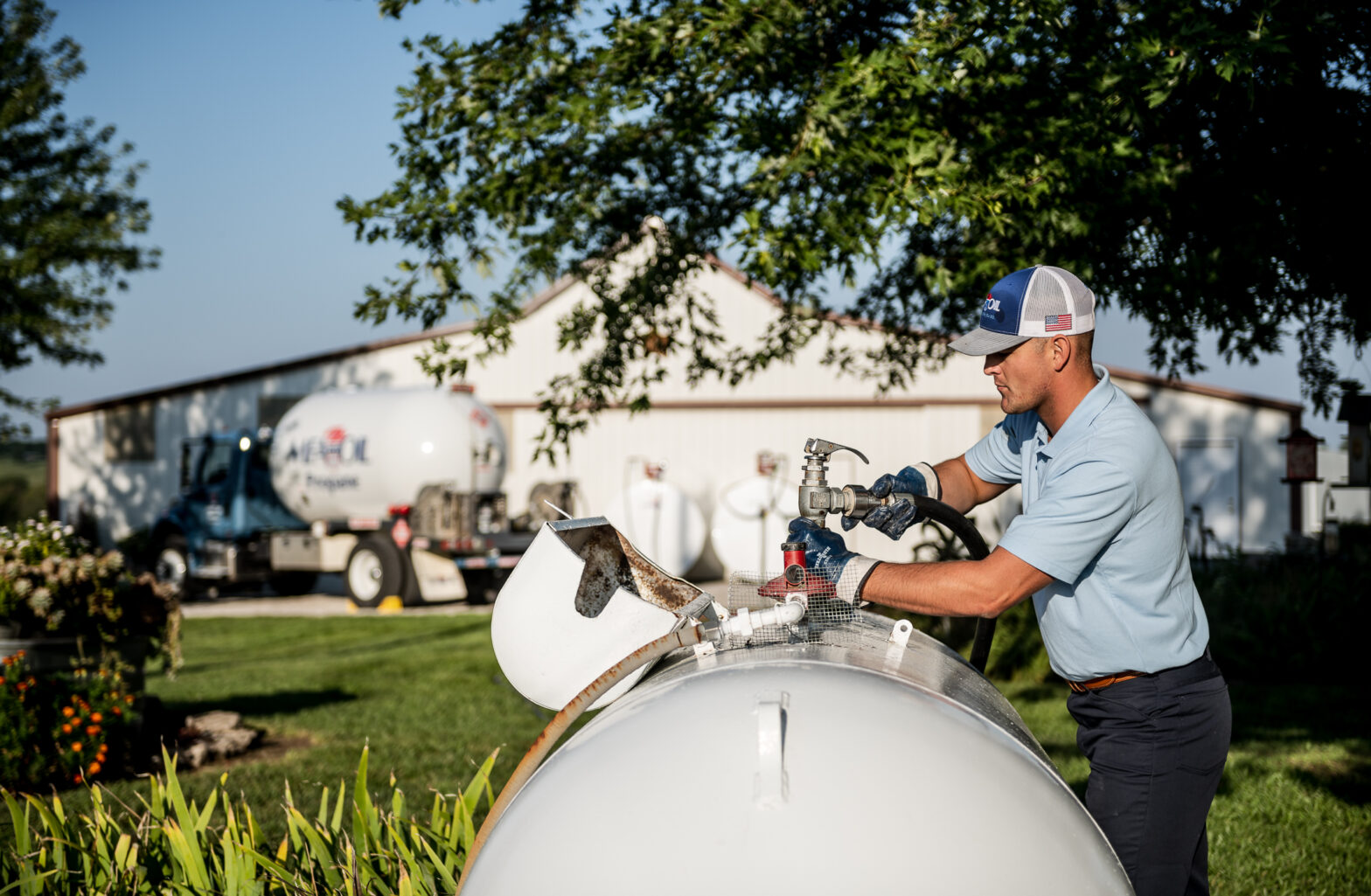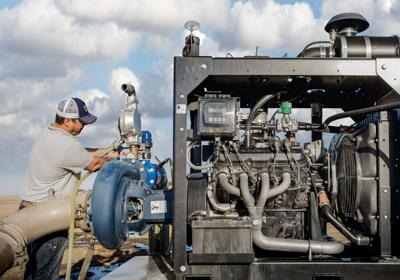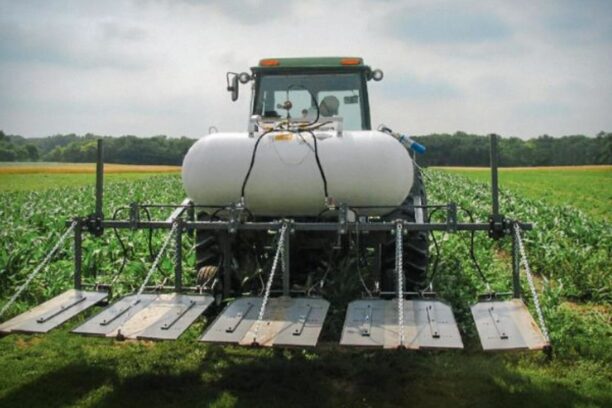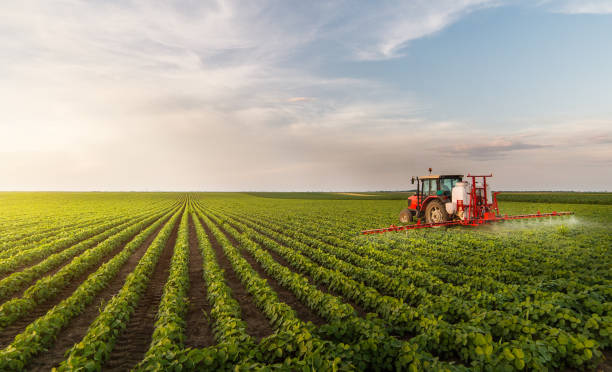Fueling Prosperity: The Impact of Local Growth on Propane Demand
Local economic development can have a significant influence on propane demand. Here’s how community growth, business activity, and regional population changes all serve to affect the propane industry. Population Growth As areas experience population growth, the demand for propane often increases. New residents mean more homes needing energy for heating, cooking, and other uses where… Continue reading Fueling Prosperity: The Impact of Local Growth on Propane Demand



